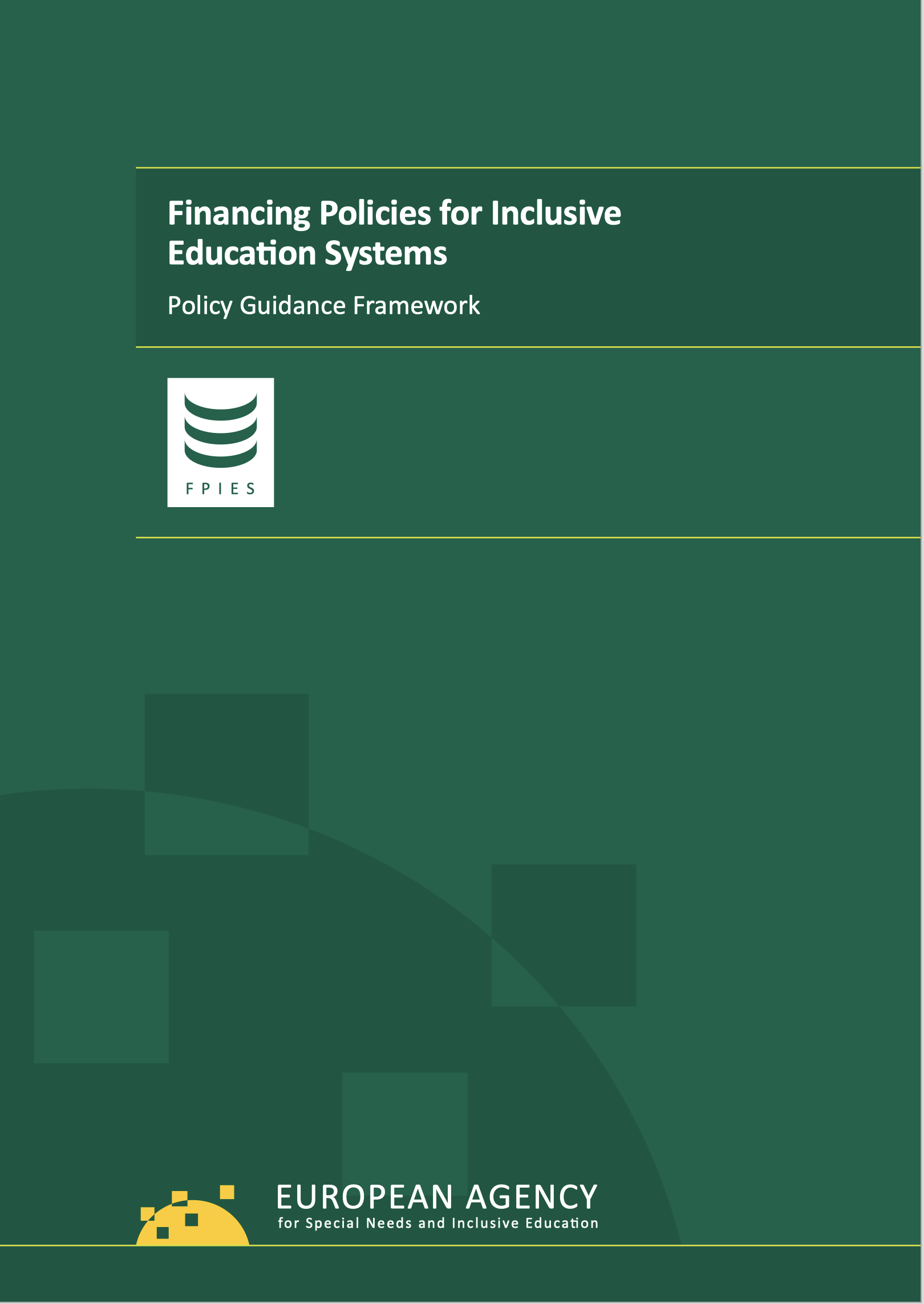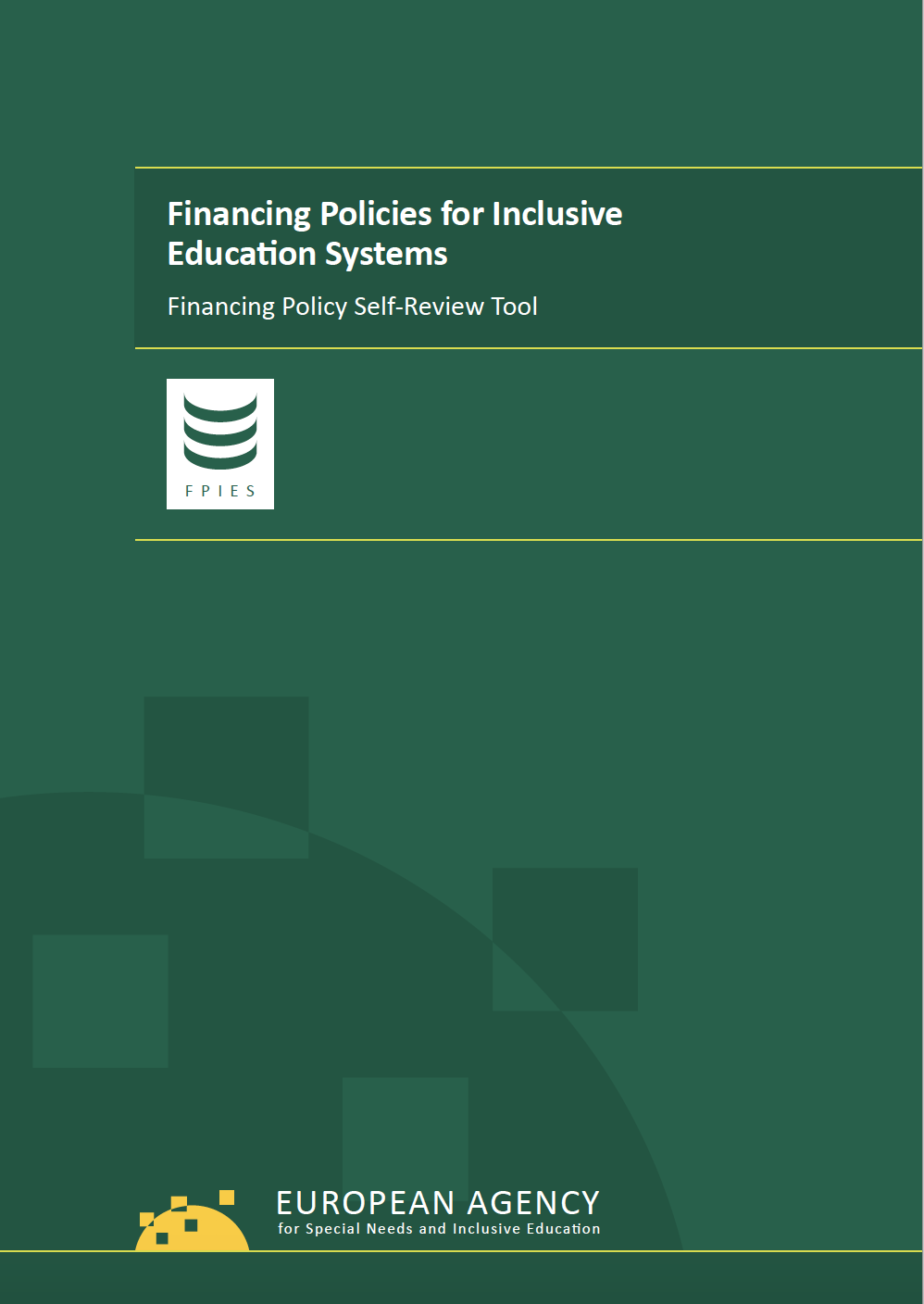In early 2015, representatives from the Icelandic Ministry of Education, Science and Culture approached the Agency to request an External Audit of the Icelandic System for Inclusive Education. The Agency conducted the Audit during 2016, working in co-operation with, but independently from, Icelandic stakeholders.
In spring 2017, the Minister of Education, Science and Culture formed a steering group with representatives from all stakeholder groups to implement the Audit recommendations. This work was launched at the Education for All in Iceland seminar in August 2017, where the Audit findings were presented to the educational community in Iceland. At the same time, the Minister approved the steering group’s plan for implementing the Agency recommendations during 2017–2019.
The steering group has followed the Audit recommendations for implementation, especially the critical levers, which are three inter-connected priority actions considered necessary to build a foundation for longer-term actions. These are:
- Initiate a widespread stakeholder debate on what inclusive education should look like in practiceacross all municipalities, school phases and schools.
- The review and rationalisation of the current resource allocation mechanismswith a view to improving effectiveness and cost-effectiveness.
- Initiate discussions leading to the agreement of minimum levels of service provisionfor supporting inclusive education in all schools.
To achieve the first critical lever, the steering group held 23 meetings in autumn 2018. The meetings took place in various locations in Iceland, with representatives from the educational, welfare and health communities. In total, around 2,300 stakeholders, from all school levels up to to local governments, participated.
As a follow-up and in light of the meetings’ outcomes, the steering group has begun discussing how best to start working on agreeing minimum levels of service provision for supporting inclusive education in all schools in Iceland.
One of the vital steps in 2019 is to review and develop the current resource allocation mechanisms. The steering group plans to use the Agency’s Financing Policies for Inclusive Education Systems project Policy Guidance Framework and Self-Review Tool for future work in this field, with support from the Agency.

